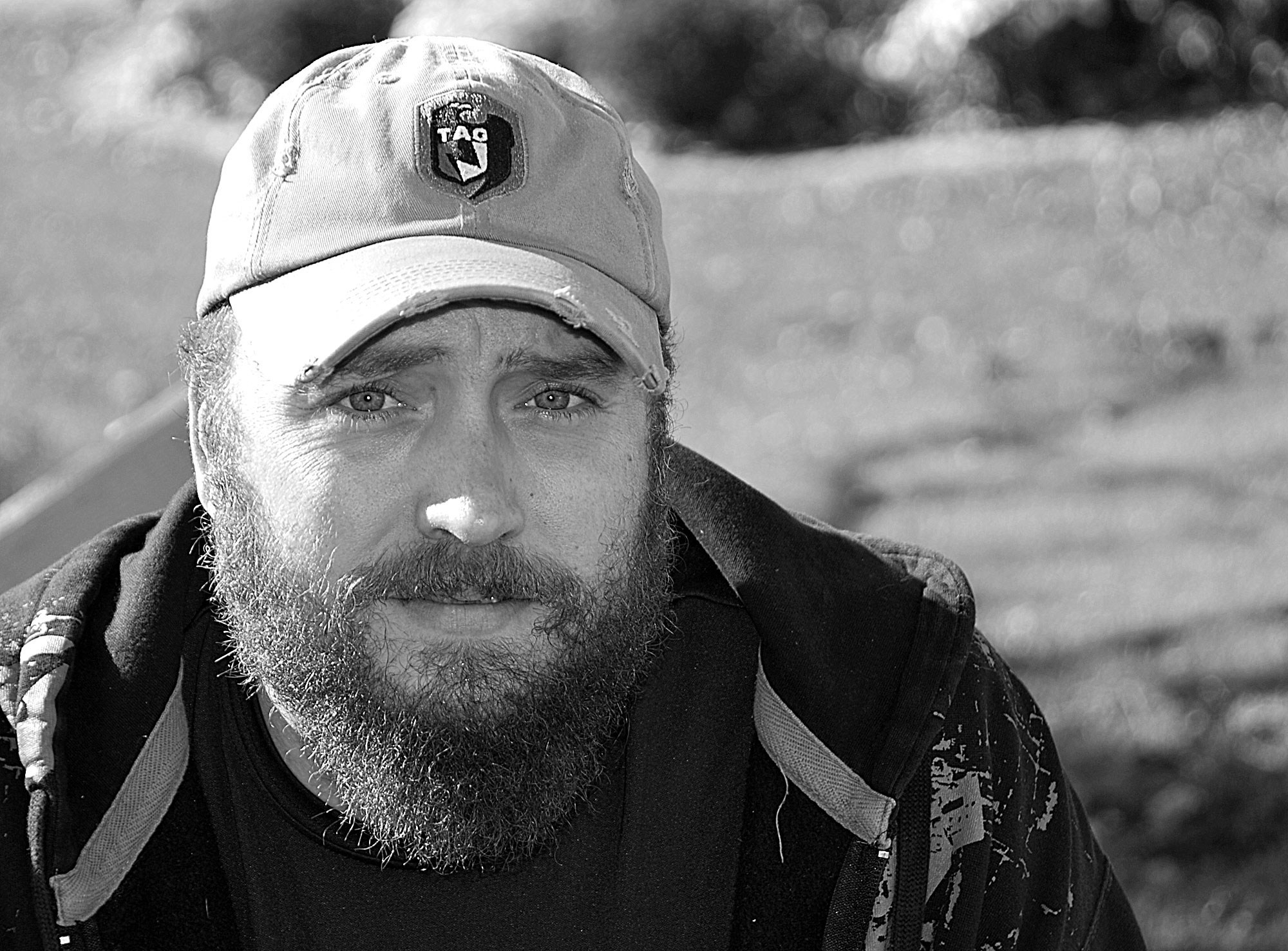County News
Wounded warrior


David McFaul is training for a cycling tour that will take him and other Wounded Warriors through the battlefields of France, from Juno to Vimy Ridge next year.
Honouring the 198 soldiers who fell in Afghanistan
David McFaul has seen terrible things. Neighbours killing neighbours in Bosnia. Chasing the Taliban and Osama Bin Laden through the mountains in eastern Afghanistan, direct combat in the caves and hillsides of Tora Bora. McFaul was part of the very first military force on the ground in Afghanistan after 9/11.
In 2005, after 11 years of service in the Second Battalion of the Princess Patricia Canadian Light Infantry, McFaul was a broken man. His knees were shot. He’d suffered recurring back issues. He’d lost nearly about half his hearing.
He was given a medical discharge and sent home. In time many of the physical aches and pains would heal. The unseen injuries would not be diagnosed until several years later.
McFaul has had a difficult time fitting back into regular life. He was frequently anxious. Panic attacks suddenly gripped him for no reason. Frustration welled up within him uncontrollably, often without provocation or explanation. He found it difficult to be with others he didn’t know.
It wasn’t until years after he was released that McFaul was diagnosed with post traumatic stress disorder (PTSD). For years, these injuries had gone untreated.
David says his family helped him avoid some of the worst and darker aspects of PTSD. Many sufferers escape into a vortex of drugs and alcohol. Suicide takes an unimaginably heavy toll.
“I’m fortunate because I have a good family who support me,” said McFaul.
But he hasn’t escaped the effects of PTSD. The sleepless nights. The inability to focus on daily tasks. And the guilt.
“It is a hidden injury,” said McFaul. “You aren’t limping. There are no visible scars. Unless you tell somebody—no one will know. And most people with PTSD just don’t want to talk about it.
“We have friends who have died or been severely injured in action. Mental issues don’t seem real in comparison.”
He has seen things we will never know and that we pray we will never see. He describes Bosnia as one of the most beautiful places on earth. An idyllic place where one day people lived peacefully then, seemingly, tearing the place apart the next.
“It is the randomness of the violence and brutality that stays with you,” said McFaul. “It seems perfect one minute and hell the next.”
TURNING THE CORNER
McFaul is at last getting the help he needs. He is slowly learning to integrate back into the routines of regular life. He says that one of the most important catalysts for his recovery has been his involvement in the Wounded Warrior Project. Wounded Warriors begun in 2006 as a means to raise funds for an array of programs, services and goods designed to provide comfort to those wounded in Afghanistan.
Many of the fundraising activities involve physical challenges requiring a significant amount of training —a key part of the recovery process for those with PTSD. David is captain of Wounded Warriors Canada Tough Mudder team—a series of extreme endurance and obstacle running events staged around the world. He has spent the past year getting back into good physical condition by regularly working out at the gym at the County Club in Picton.
His next challenge is an eight-day cycling journey through the battlefields of France— from Juno Beach to Vimy Ridge—next June. He will be among 159 riders—the same number of Canadian soldiers who fell in Afghanistan—to make the trip to gravesites in Dieppe, Somme and Chateau d’Audrieu. It was here that 26 Canadian prisoners of war were lined up in a courtyard and shot by a members of the Hitler Youth on June 8, 1944.
To get to France, McFaul must raise $6,000—partly to fund the trip, the remainder of the funds to go to Wounded Warriors Canada. He is appealing to service groups and individuals in this community to assist him in this effort. A year ago he was neither in physical or mental condition to take on this challenge.
“Working with Wounded Warriors has helped put a lot of us together,” explained McFaul. “It gives us a chance to sit around and talk about our challenges with others who are going through the same thing.
“You are not the weird one in the group. It has opened the door to talk about these issues publicly. Without Wounded Warriors I would never have been able to talk about the effect PTSD has had on me with others—even a year ago this would have been impossible.”
When he returns home from France next summer, David plans to return to college. The Canadian government has not always treated McFaul and other servicemen well—but they will fund his education and retraining.
It is an important step for McFaul. One of many he has taken in the past year. Many more are needed. It is not a straight line. He has good days and bad. But David is at last on his way back home.
If you would like to donate to David’s cause, you can do so by clicking here.

Comments (0)